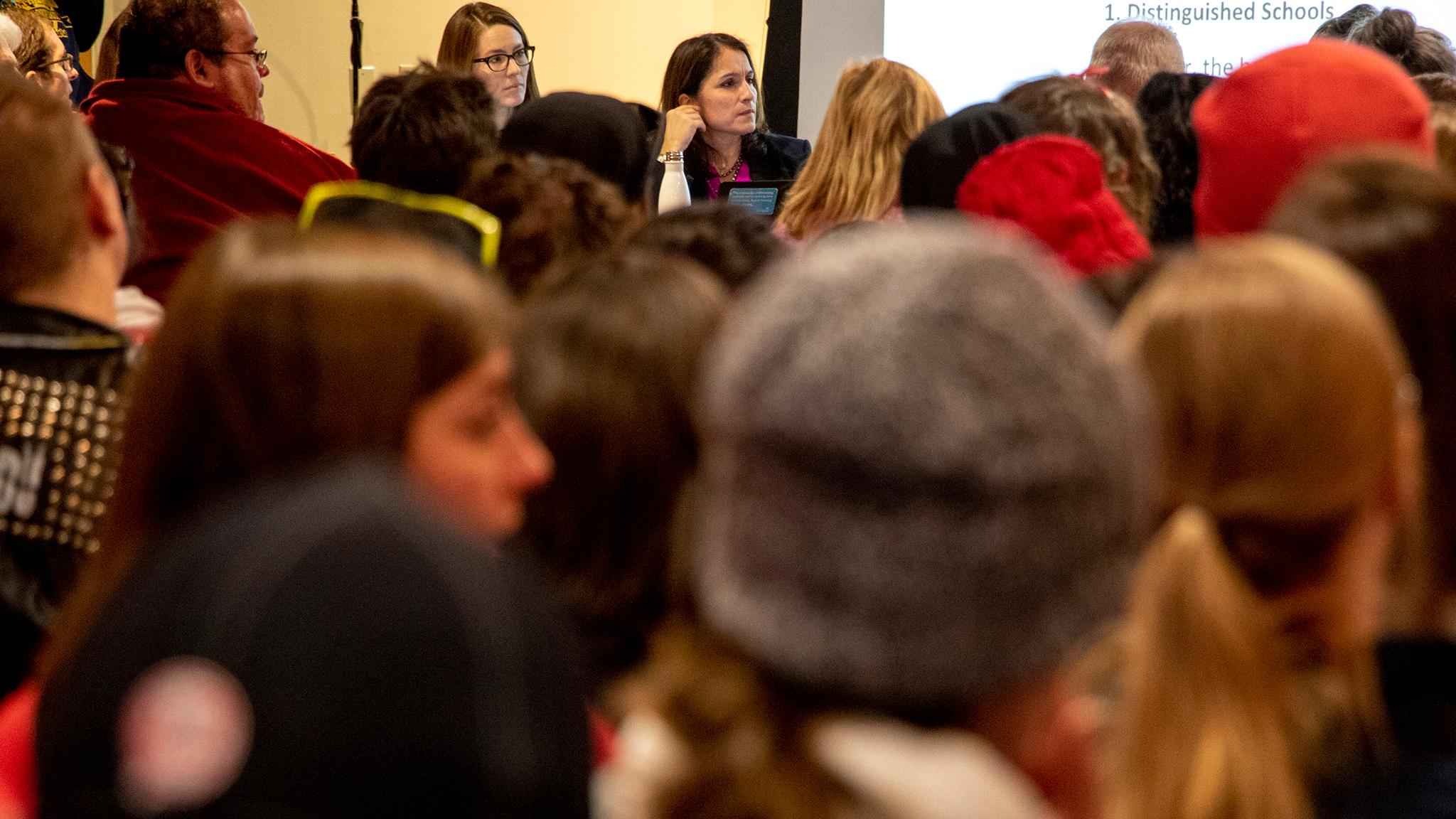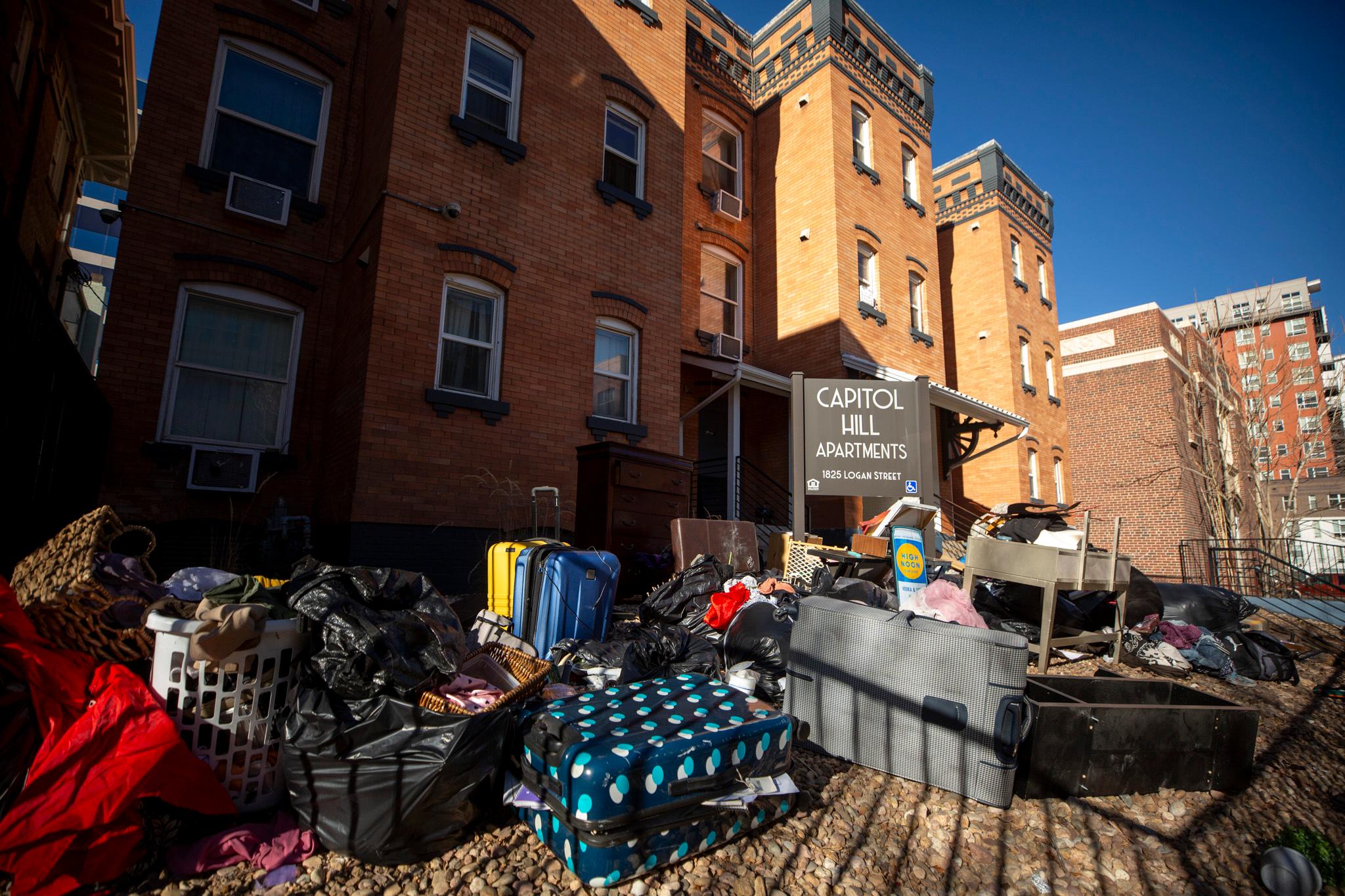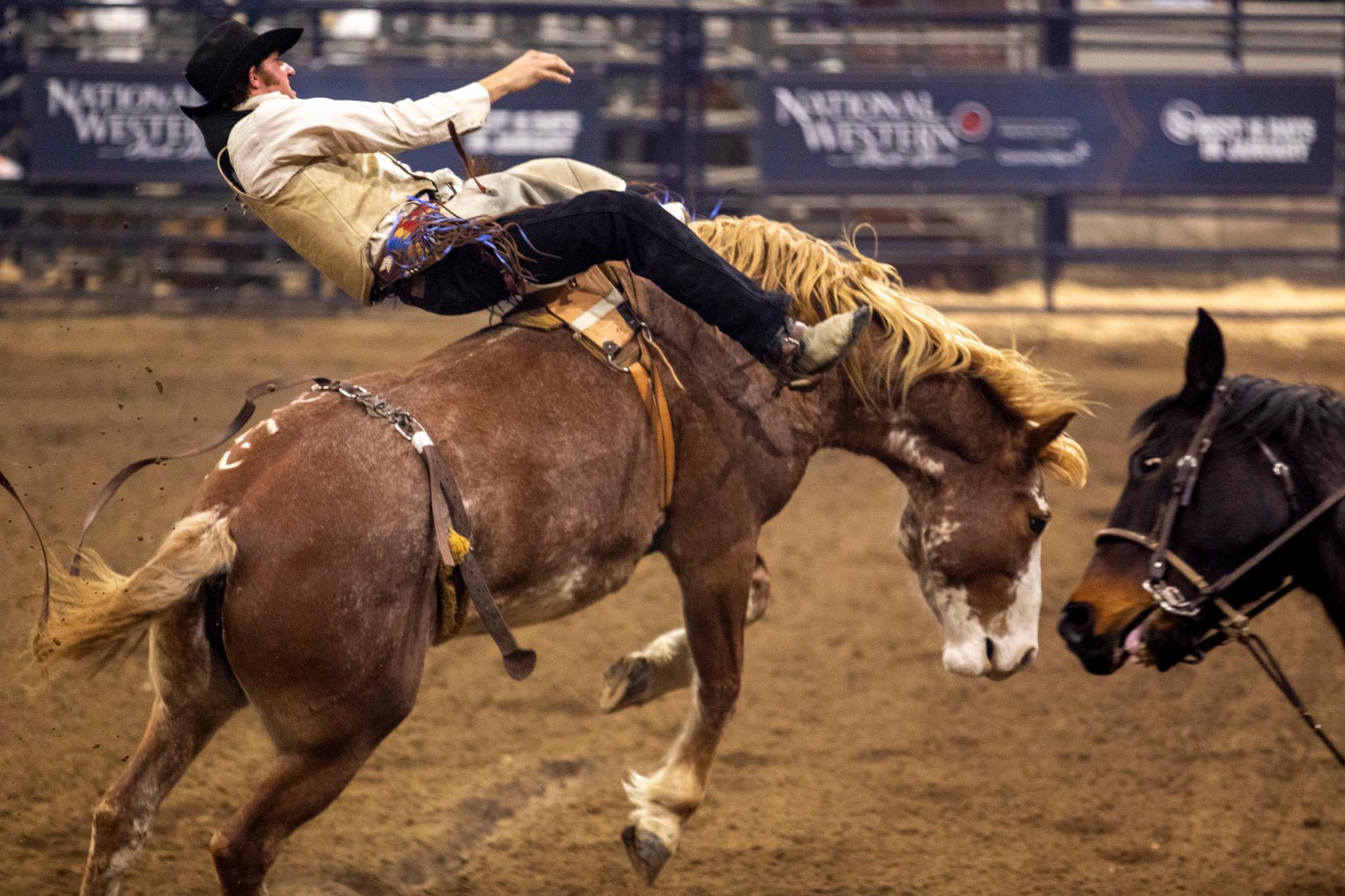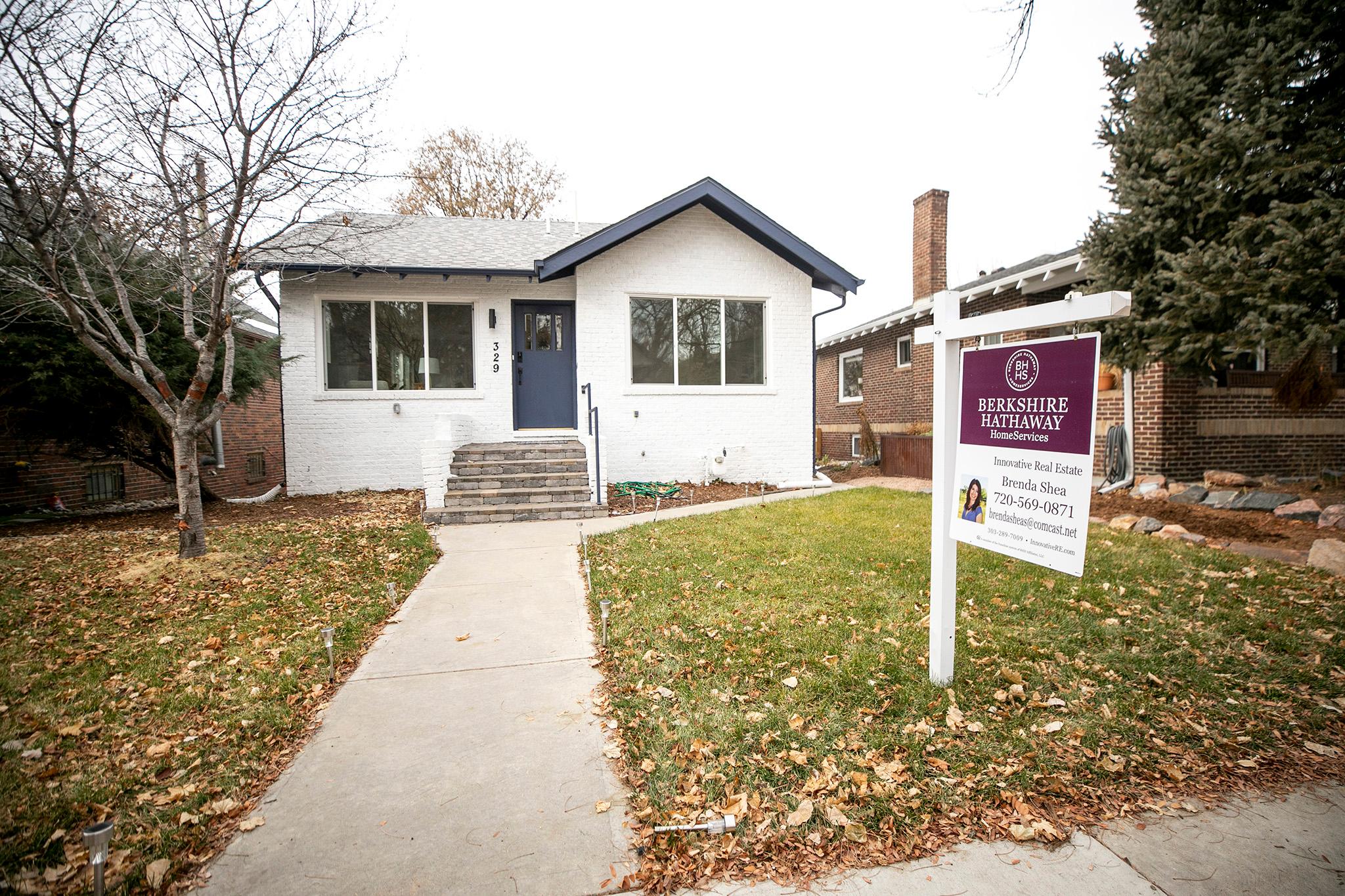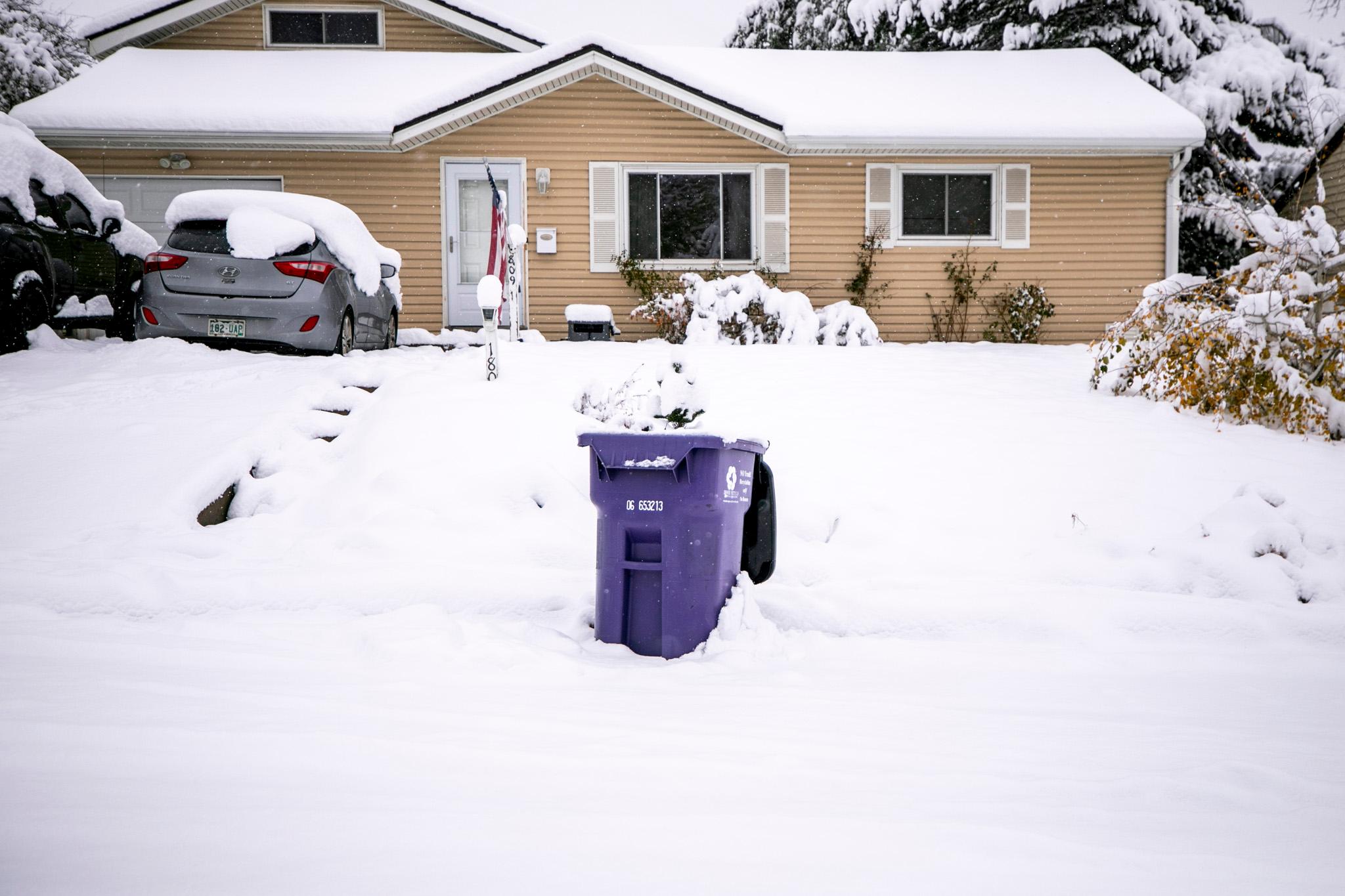Something -- or someone -- pushed negotiations between Denver Public Schools and the Denver Classroom Teachers Association from strained to productive and nearly silly this week.
It culminated on Thursday morning when the two sides reached a tentative agreement to end the teachers strike and create a new deal investing more money in educator pay.
The road there included a "Baby Shark"-inspired chant and a shared cake joke -- with an actual cake -- between the opposing sides.
Denver school board member Carrie Olson had been at the negotiations since they began on Tuesday. She credited the new tone to the pressures of the strike and federal mediator Kayla Mack.
Olson said Wednesday she heard from teachers who told her the overall tone of the negotiations was noticeably better once the strike had begun. She visited DPS caucus meetings briefly on Tuesday (both sides meeting privately to talk among themselves following public bargaining) and has been following negotiations since last year.
"I also really believe that both groups have really wanted to do better for teachers and somehow, along the way, that got a little derailed," Olson said. "From what I've heard from teachers, they think that the new mediator ... has brought some confidence back too."
What happened this week was light years away from the heated, nearly face-to-face exchanges seen after negotiation ended without a resolution last Saturday.
Board member Jennifer Bacon said she'd also heard good things about Mack's work.
"The feedback from both sides seemed to be like, 'she's good,'" Bacon said Wednesday.
In a phone interview on Thursday, Mack said she had previously worked with the two sides and was asked to come back after the strike began this week. The agency she works for, the Federal Mediation and Conciliation Service, specializes in providing labor management mediation in both public and private sector.
Mack said she tries to "reserve expectations" when she takes on a job -- she doesn't advocate for either party. Her role is to help people communicate, and she has the very unique role of being able to move between both sides' private meetings. She said she couldn't comment on the private conversations with the two sides and she wouldn't say whether or not she was happy with the outcome.
"My opinion on that is irrelevant," Mack said. "What's important is whether or not those parties walked away happy and with a deal that they could work with."
Mack didn't typically speak during public negotiating, but she briefly addressed the crowd shortly before 4 p.m. Wednesday while the two sides were still caucusing to explain a long break in negotiations.
"They are putting (in) a lot of good work," Mack said, earning cheers from the crowd.
Superintendent Susana Cordova said in a statement to Denverite on Thursday that Mack helped them "navigate extremely complex and often emotional conversations" during the final days of negotiations.
"Every time we got stuck, she helped us chart a successful path forward," Cordova said in the statement. "We are deeply grateful that we were able to utilize her skills to help us reach agreement on such a strong contract for our teachers."
Despite the attention and pressure, Wednesday's proceedings started off with a bit of a joke.
Before both sides came to the table on Wednesday, members of the DCTA placed a cake on the bargaining table with the message "And you can eat it too!" written in frosting -- a reference to a Tuesday exchange between union bargaining team lead negotiator Rob Gould and Superintendent Susana Cordova.
It was a cheeky start to the third day of teachers striking across the city, after a long Tuesday that had seen the negotiators make some progress creating a new compensation agreement.
A few hours later, during the second round of negotiations, there was a crack about whether a teacher could use an honorary degree to advance their pay. (They can't.)
This time, Cordova was in on the joke.
"Mine doesn't either, so," Cordova said, prompting laughter from the largely pro-union crowd.
The short exchange illustrated how far the two sides had come from previous, tenser bargaining meetings. Even the chants from teachers seemed less frequent on Wednesday, though that may have had something to do with energy levels, and the modified "Baby Shark" singing -- "We're on strike / doo-doo-doo-doo-doo-doo" -- was not the kind of thing you'd hear in a more contentious situation.
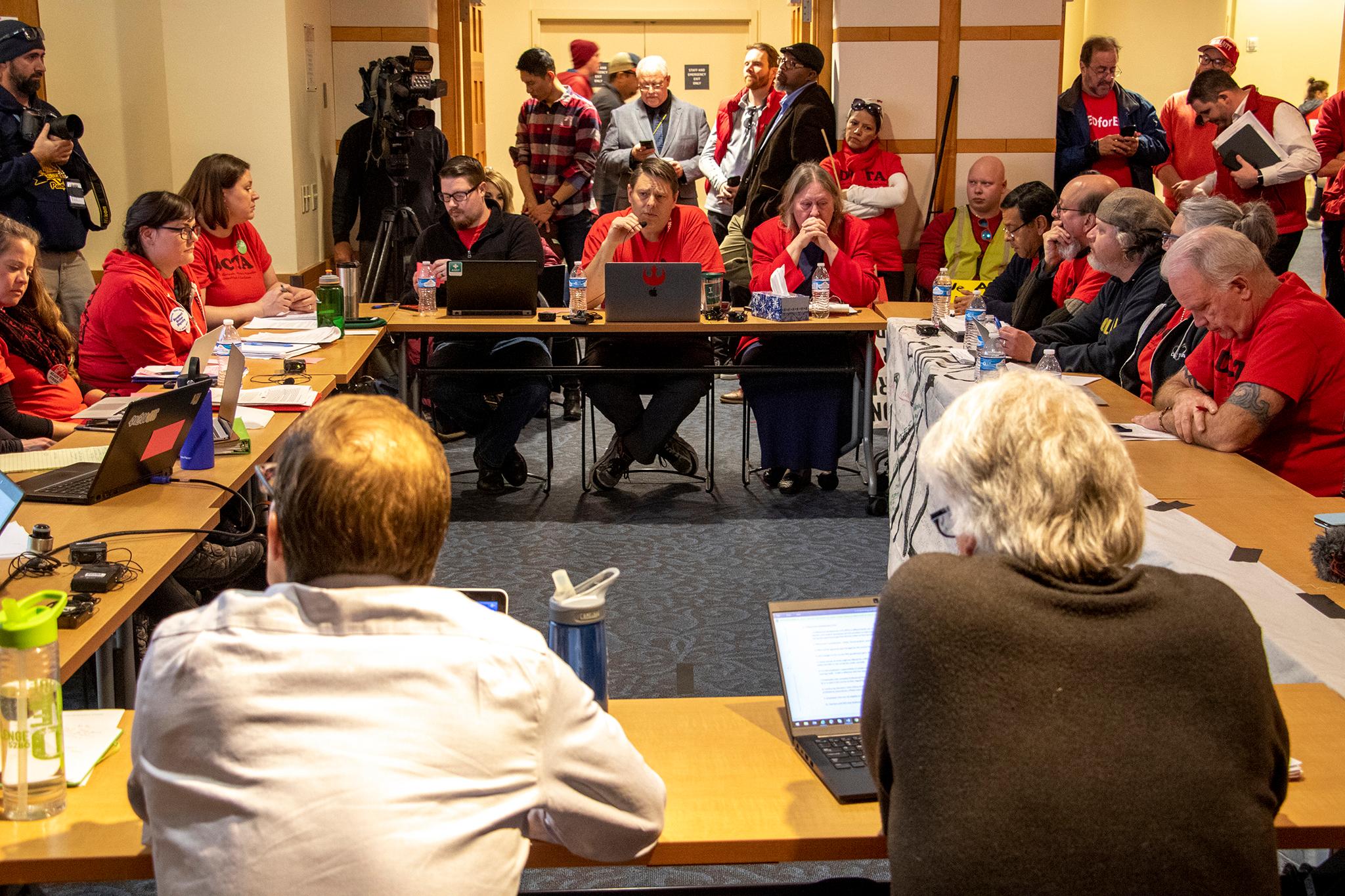
Bacon said Wednesday evening the two sides getting closer to an agreement wasn't necessarily about negotiating content, but sentiments being shifted.
"Time has gone by," Bacon said. "People are feeling the impact of this differently."
She said that sense of urgency started last week, during the negotiations the Friday before the strike began this week. She believes it's when both sides started focusing more on the issues that were stalling negotiations (the issue of "lane" changes, for example, and teachers incentives).
East High School teacher Pam Gamble said early Tuesday she felt the first day of the strike (Monday) had been successful.
"Hey, we were mentioned on Rachel Maddow," Gamble said.
Sure, getting attention from national media probably felt a little validating for teachers. But did Gamble think it swayed the people they're trying to form an agreement with?
"I think it did, absolutely," Gamble said. "Because of the national press, because of the local things that were happening here and the amount of support that we get from our students, community members ... I think they're outnumbered."
And then there's new leadership at the district.
Olson credited Cordova as well. She wasn't the only one: Lead negotiator Gould complimented the new superintendent for working with the union shortly before the two sides broke out for caucusing on Wednesday afternoon. They had been talking for nearly an hour at that point.
"We need to be a part of the conversation," Gould said. "Now that, Susana, you're in charge, I think we'll probably have a lot better ability to do that."
A joint message on Tuesday from Cordova and DCTA President Henry Roman hinted at the possibility of a renewed spirit of collaboration between the two parties. Until then, they'd been communicating in separate messages.
They noted progress but said they would need "a little more time to resolve the outstanding issues" and would resume negotiations Wednesday morning.
"Today, Denver Public Schools and the Denver Classroom Teachers Association worked in good faith to find common ground on ProComp," the joint message read. "We exchanged proposals that are moving us closer and are hopeful that we will get to an agreement soon."
Olson said Cordova's presence has made a "huge difference."
"What I've heard from teachers before is the frustration that Tom Boasberg wasn't present at the table," Olson said. "Also, Ron Cabrera, he also came, but everybody knew he was an interim (superintendent) and they were kind of waiting for Susana to be able to come."
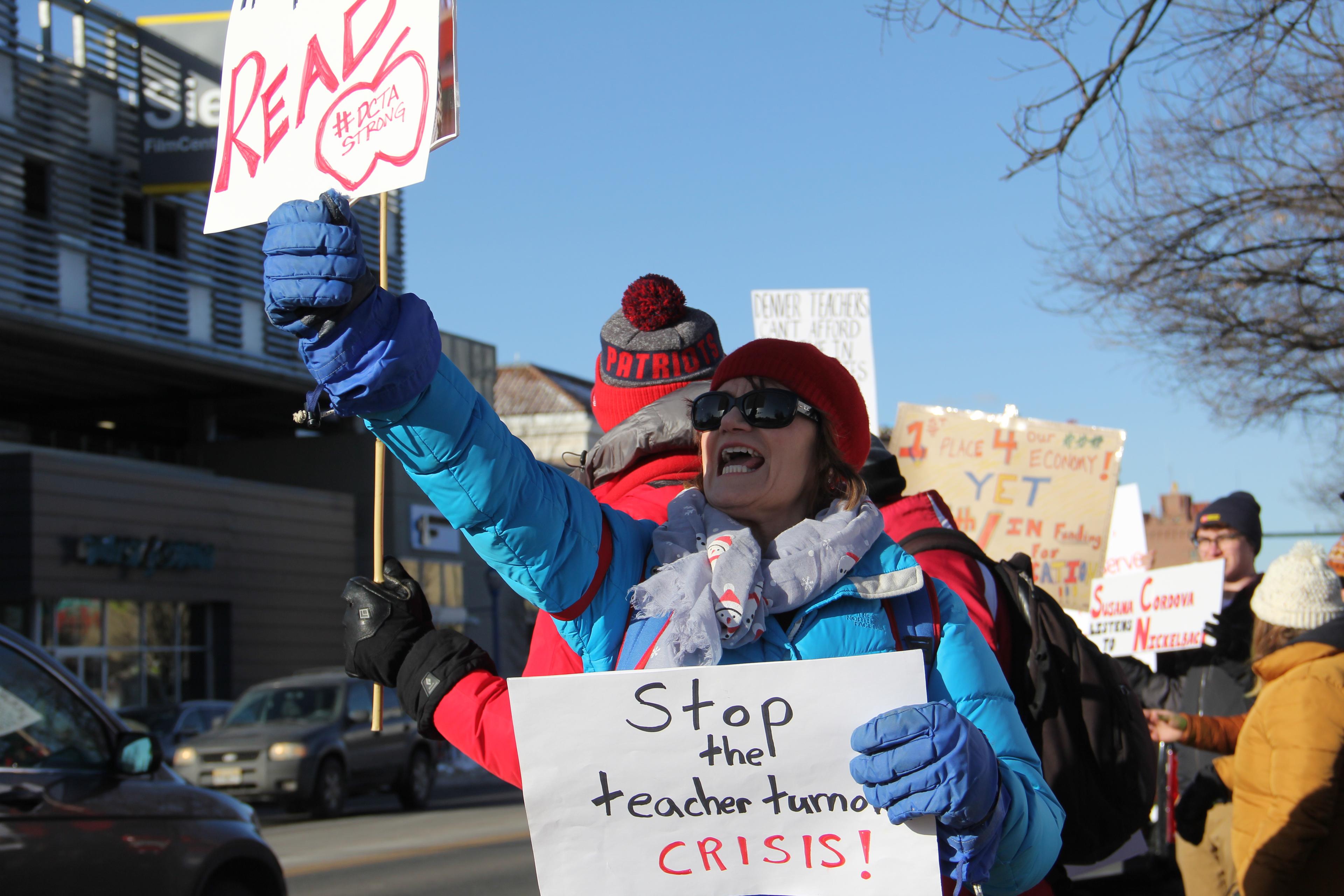
For her part, Cordova said Wednesday that she came into the role wanting to be a more collaborative leader than her predecessors. She added that she wants to include voices from people in the room and in the community for these kinds of discussions.
"If I can sort of self-reflect in front of a very large audience, this is actually the kind of conversation we should be having all the time," Cordova said to applause.
A day later, as successful negotiations ended, Cordova made a recommendation to the tentative agreement Gould didn't hesitate to accept.
"We really only have one change recommended. We'd like to add a signature line to the proposal," Cordova said, as Gould's quick response prompted laughter: "And we will accept that change."

